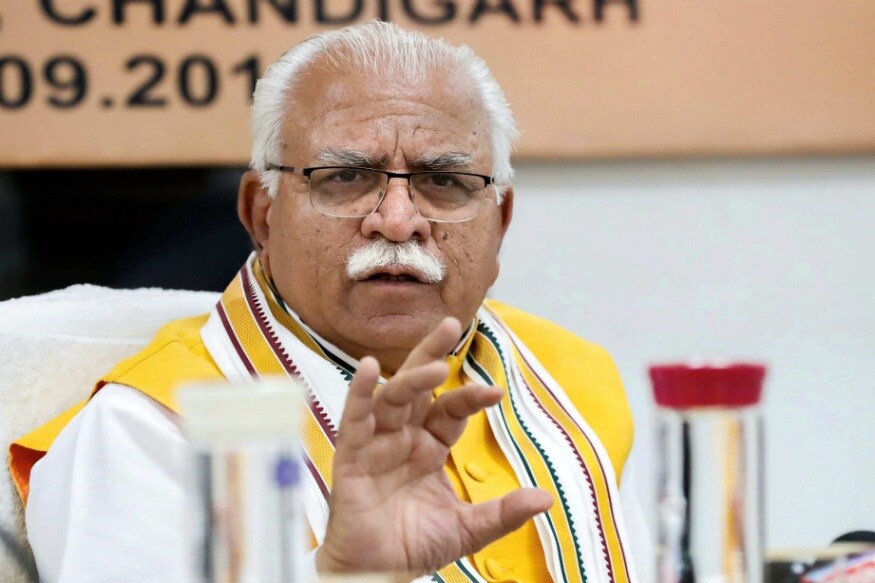The Government of Haryana has taken a significant step toward the holistic development of young children by declaring an end to nursery through Upper Kindergarten (UKG) classes. This decision is rooted in the understanding that adequate time is essential for children to mature mentally and grow physically. By removing these early schooling pressures, the government aims to enhance children’s overall well-being and promote a favorable environment for their natural development. In this article, we will explore the implications of this initiative, its potential benefits, and the broader educational landscape in Haryana.
Understanding the Government’s Decision
The decision to close nursery to UKG classes comes from a growing recognition of the importance of childhood as a critical period for development. The Haryana government emphasizes that children need time to explore, play, and engage in activities that foster creativity and social skills.
Reasons for Closing Nursery to UKG Classes
- Mental Development: Early childhood is crucial for cognitive growth. By allowing children more time before formal education, they can develop critical thinking and problem-solving skills naturally.
- Physical Growth: Play is essential for physical development. The closure of early classes facilitates more outdoor playtime, promoting better health and motor skills.
- Reduced Pressure: Eliminating structured classroom settings reduces stress and anxiety, allowing children to learn at their own pace.
Benefits of This Initiative
The implications of this decision are profound, affecting children, parents, and the educational system as a whole. Below are some expected benefits:
| Beneficiary | Expected Benefits |
|---|---|
| Children | Increased time for exploration and play, fostering creativity and emotional stability. |
| Parents | Reduced financial burden of pre-school tuition and more time to engage with their children. |
| Teachers | Less pressure to meet academic standards early, allowing for more effective teaching in later grades. |
Impact on the Education System
This initiative likely brings significant changes to the educational framework in Haryana. With fewer students in nursery and UKG, schools may need to adapt their curricula and teaching methodologies for older grades.
Adapting the Curriculum
Educators will be tasked with creating engaging and stimulating programs that cater to children who enter formal schooling at a later age. This adjustment could lead to a more child-centered approach, emphasizing experiential learning rather than rote memorization.
Community and Parental Involvement
In this new structure, community programs and parental involvement may become increasingly important. Parents may need support in nurturing their children’s development at home through activities that promote learning naturally, including reading, art, and games.
Challenges Ahead
While the initiative offers numerous advantages, challenges may arise. Some parents may be concerned about their children’s readiness for formal education. Addressing these worries will require clear communication from educational authorities regarding the benefits of this approach.
Conclusion
The Haryana government’s decision to close nursery to UKG classes signals a progressive move toward nurturing children’s natural development. By prioritizing mental and physical growth over early formal education, the initiative promises to create a more balanced and enriching environment for young learners. As the education landscape evolves, it will be crucial for all stakeholders—parents, educators, and the government—to work collaboratively to ensure children thrive in this new framework.
